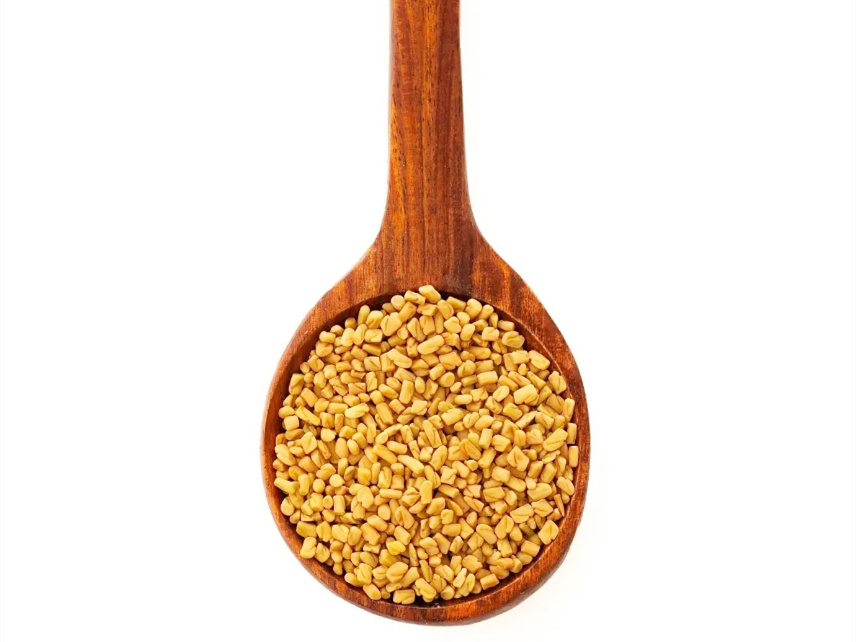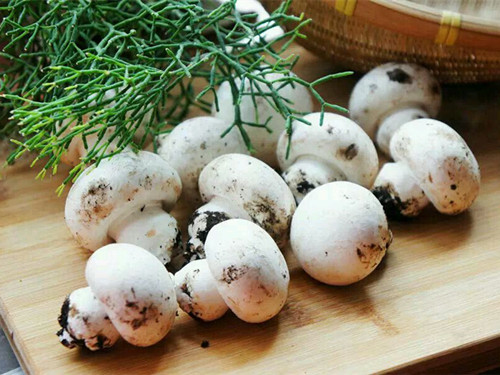In the quest for eternal youth and vitality, people often overlook a key contributor to the aging process: glycation. Glycation is a biochemical process where sugar molecules bind to proteins and lipids, resulting in the formation of advanced glycation end products (AGEs), which impair the structure and function of proteins and contribute to inflammation and oxidative stress within the body. They contribute to several health issues, including skin aging, diabetes, cardiovascular diseases, and neurodegenerative disorders. Therefore, it’s crucial to address glycation to maintain overall well-being and youthful vitality.
Fortunately, several natural extracts exhibit potent anti-glycation properties. They are often derived from plants and herbs and contain compounds that inhibit the glycation process and break down existing AGEs. Some of the best extracts include green tea, pomegranate, blueberry extract, grape seed extract, cinnamon extract and so on. These extracts are rich in antioxidants and compounds that counteract glycation, making them excellent additions to an anti-glycation regimen. In this article, we’ll explore the dangers of glycation and the natural extracts that can combat glycation and its effects effectively.
The Dangers of Glycation
Glycation poses significant dangers to our health. It accelerates aging, which is a complex process influenced by various factors. As we age, the accumulation of AGEs in the body increases, leading to the deterioration of skin elasticity, joint flexibility, and overall organ function. It’s also linked to a higher risk of chronic diseases such as diabetes, Alzheimer’s, cardiovascular issues, and certain types of cancer. By understanding and actively combating glycation, we can slow down the aging process and promote a healthier, longer life.
Natural extracts for anti-glycation
Natural extracts can reduce the risk of chronic diseases, slow down the aging process, promote skin health and elasticity, and improve overall well-being and vitality, which can be a promising step toward fighting glycation and its effects. Some of the best extracts include:
Green Tea Extract
When we consume a lot of sugar, the body will form inflammation-causing caramelization products, which cause inflammation throughout the body. But there are ways to combat inflammation by adding anti-inflammatory compounds to your daily diet. Green tea extract is a great example.
Green tea extract helps neutralize harmful free radicals and inhibit the formation of AGEs. Green tea extract contains a group of polyphenols called catechins, with epigallocatechin gallate (EGCG) being the most potent. Catechins possess strong antioxidant properties that disrupt the glycation process and reduce oxidative stress, help protect cells from oxidative stress and reduce inflammation, further contributing to their anti-aging properties.
Pomegranate extract
Punica granatum L. is a potent antioxidant fruit whose juice, peel, seeds, leaves and flower extracts have anti-diabetic, anti-inflammatory, antioxidant, anti-obesity and anti-aging effects, as well as anti-tumor effects. The antioxidant capacity of pomegranate juice is three times higher than that of red wine or green tea, and eight times higher than that of orange juice. Studies have found that pomegranate and its components have strong biological activity and medicinal value, which is related to the presence of its high levels of antioxidants, such as polyphenol compounds, including hydrolyzable tannins, anthocyanins, and flavonols, particularly punicalagins and ellagic acid. These magic compounds make it a valuable natural remedy in combating glycation and its associated implications on aging and overall health.
Pomegranate extract possesses anti-glycation properties that prevent the development of AGEs and the binding of sugars to proteins, two processes that cause glycation. Pomegranate extract assists in maintaining the structure and functionality of proteins and limiting the effects of aging by preventing the buildup of AGEs. Additionally, pomegranate extract has anti-inflammatory qualities that are important for preventing and reducing the effects of glycation-induced inflammation, which is frequently linked to chronic inflammation and can result in a number of age-related diseases and ailments. Pomegranate extract has also been demonstrated to improve skin health by encouraging the formation of collagen and increasing skin suppleness. Collagen is a protein that supports the structure and firmness of the skin, and keeping it from degrading from glycation is essential to keeping skin appearing young.
Cinnamon Extract
Bioactive substances found in cinnamon extract such as cinnamaldehyde and cinnamic acid, have anti-inflammatory and antioxidant activities. These substances work to reduce glycation by preventing the production of AGEs. Indirectly helping to prevent glycation, cinnamon extract also helps control blood sugar levels, especially in people with diabetes or insulin resistance.
Blueberries Extract
The anti-glycation effect of blueberry extract has been confirmed in diabetic patients. blueberry extracts are abundant in a strong antioxidant called anthocyanins, which by preventing sugars from attaching to proteins, anthocyanins have been found to have anti-glycation capabilities. Additionally, blueberry extract has anti-aging properties and the capacity to stave off diseases associated with aging by reducing oxidative stress and inflammation.
Fenugreek extract
Sugar can irritate the gut and cause inflammation, leading to chronic inflammation, but supplementing with fenugreek may help reduce inflammation and maintain a healthy weight. Studies have explored the anti-aging abilities of fenugreek seeds, a common ingredient in Indian and Pakistani cuisine. Fenugreek seed extract (FgSE) at concentrations of 0.1, 0.5, and 1mg/ml may help inhibit the formation of advanced glycation end products (AGEs) and fructosamine adduct in vitro bovine serum albumin (BSA)/ fructose models. By capturing reactive carbonyl intermediates formed during advanced glycation generation of AGEs, we can prevent glycation-induced memory decline. Therefore, it can be used as a functional food to help slow down the process of glycation and aging.
Others that help inhibit saccharification are grape seeds, ginger, cloves, olive marjoram, rosemary and flavonoids such as luteolin, quercetin and rutin. Incorporating these extracts into your diet or skincare routine can be a beneficial strategy to combat glycation and support a youthful appearance. As always, it’s advisable to consult with a healthcare professional before adding any new supplements or extracts to your regimen, especially if you have underlying medical conditions or are taking medications.
Natural extracts have gained popularity in recent years for their excellent anti-glycation properties. Incorporating these natural extracts into your routine is multifaceted. Always remember, that regular exercise and stress management are equally important, and a diet abundant in fresh fruits, vegetables, lean proteins, and healthy fats can help combat glycation effectively. Integrating these anti-glycation extracts into your daily diet is simple. They can be consumed as supplements or added to your meals. However, consulting a healthcare professional before introducing any new supplements is essential to ensure safety and effectiveness.
- Dandelion Extract: What It Is, Benefits, Uses and Side Effect - April 23, 2024
- Is Berberine Extract Help For Weight Loss? - April 11, 2024
- Why Is Pysllium Husk Powder A Popular Meal Replacement Ingredient? - April 3, 2024




